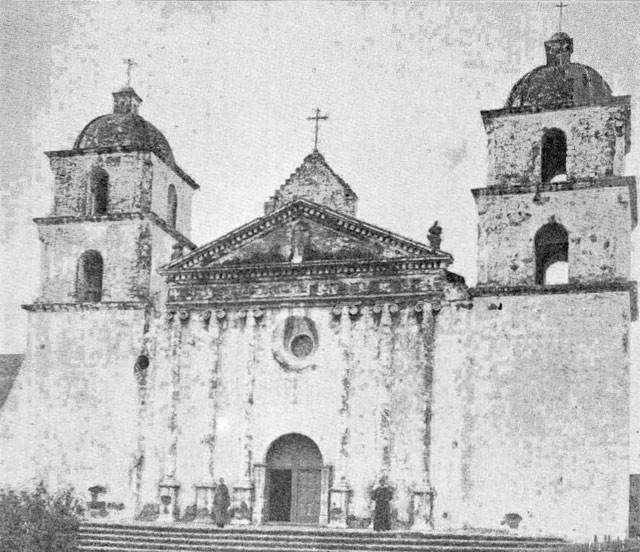What’s Not in a Name
Tracking Mix-Ups on the Map

My favorite story of this ilk goes like this: A long-ago sailor on the prow of a European ship exploring the New World sees somebody on the shore and shouts, “Where are we?” The beach guy yells back, “Yucatan!” Satisfied, the sailor returns to the Old World, maps are made, and the name is preserved for eternity. Only later does it come to light that “yucatan” means “I don’t understand what you’re saying.”
I first read this fun fable in a Bill Bryson book, and while I’m a fan of Bill’s, it turns out the story is possibly wrong. Just recently I went to the trouble to look it up and found that the “I don’t understand” yarn is only one of a handful of possible provenances. I hate that. It’s like finding out after all these years that Jim Lovell, aboard the Apollo 13, never said, “Houston, we have a problem.” That Tarzan never said, “Me Tarzan, you Jane.” That everything you learned about George Washington (cherry tree, dollar across the Potomac, etc.) was wrong. And so on.
Our modern maps contain dozens of wrong names. People in Greece call their country “Hellas.” Egypt is “Misr” or “Masr.” China is “Zhōngguó.” Japan is “Nihon.” Etc. and etc.
As I said, there are lots of plausible explanations for the misnaming, but I’ll bet more than a few are the result of the sailor-on-the-prow scenario above. Think of it: A long-ago deckhand, who’s not big on books and such, is told that the place he’s run aground is called “Cayo Hueso” (Bone Island). By the time he’s home, the name has been passed around many times, like in the telephone game, and becomes “Key West” forever.
All of which has little to do with what I’ve been thinking about, which is the stylings of place names on the West Coast vs. the East. Back East, there was a certain laziness about place naming. In many cases, settlers would set up camp, remember where they’d come from (York, London, Hampshire) and just slap a New in front. Or even easier, they just took the original name and to hell with Newing it (Falmouth, Gloucester, Worcester).
Or they took native place names, mangled them as best they could into English, and went with that.
Which is not to say that the West Coast is a hotbed of naming cleverness. Many of our places are simply dubbed for saints, which, on the plus side, doesn’t allow much wiggle room for misunderstandings, but isn’t exactly interesting.
Unless you look a little deeper, which I just did.
Take, for instance, Santa Barbara itself. Yes, the name has stood inviolate for 500 years, but Barbara’s personal story isn’t so clear. She may have lived in Turkey or Phoenicia in the third century, her father may have tried to slay her by sword, due to her faith, but she may have miraculously vanished and reappeared in a mountain gorge where she might have been betrayed by a shepherd who may have been turned to stone and his sheep converted to locusts as punishment. All to no avail, however, since on December 4 her father allegedly killed her anyway, for which he was said to have been torched by lightning. As a result, her day of martyrdom is her feast day and, because of the lightning, people invoke her name during storms. In another lightning linkage, she’s the patron saint of artillerymen, and furthermore the Spanish word santábarbara means the powder magazine of a ship.
Wow.
And regardless of the veracity of Saint Barbara’s personal saga, Mission Santa Barbara was so named after Sebastián Vizcaino survived a treacherous storm offshore on the eve of her feast day in 1602.
All of which, to me, is a sample of the fascinating connectivity of West Coast names.
San Roque, my neighborhood, apparently comes from Saint Roch, who was born in France and helped care for plague sufferers before contracting the disease himself and then miraculously recovering thanks to the loving, licking care of a dog. As a result, Roch is the patron saint of dogs, which translates well since San Roque is home to many, as any evening stroll will reveal.
Possibly best of all is “California” itself, generally believed to derive from a novel published around 1500 by Garci Rodríguez de Montalvo titled Sergas de Esplandián (Adventures of Esplandián). The book tells the tale of an earthly paradise somewhere west of the Indies rich in gold and inhabited by griffins and other bizarre creatures. The island was ruled by Queen Califia, and its occupants were all women “robust of body with strong, passionate hearts and great virtue.”
My wife says the last part is not fiction.


